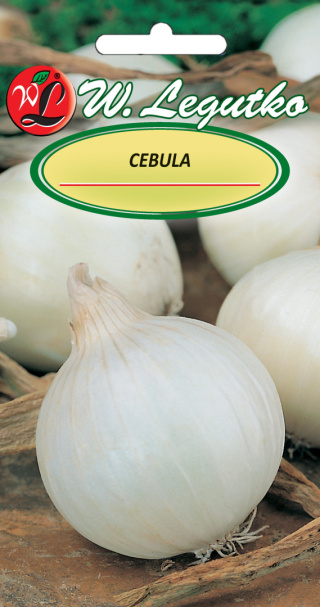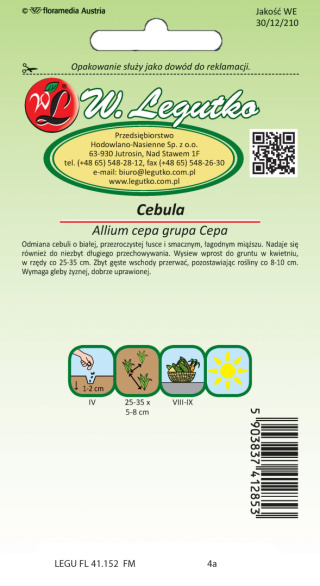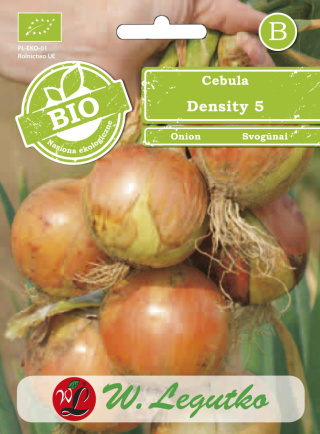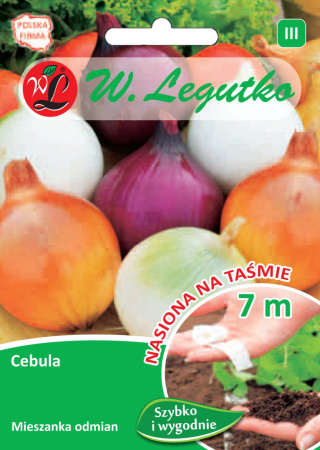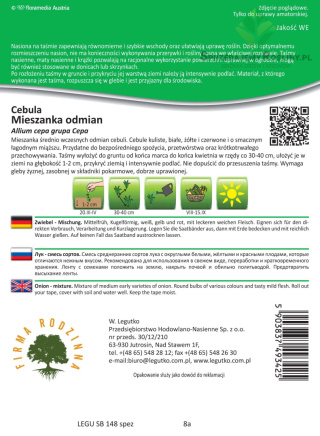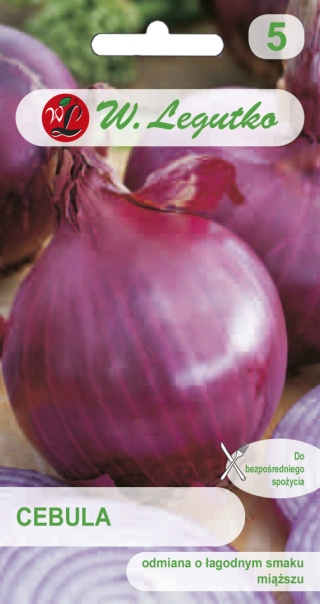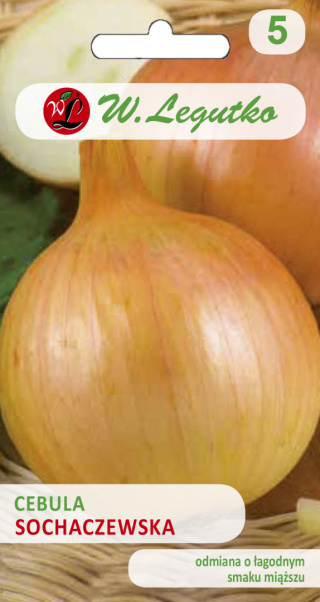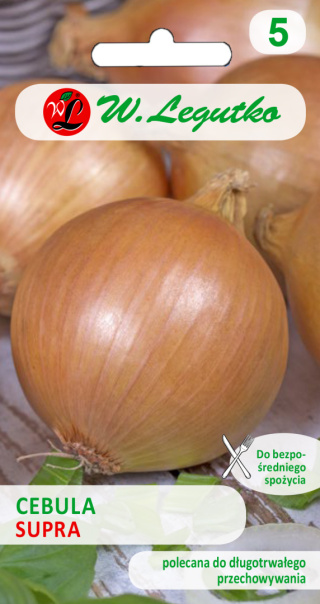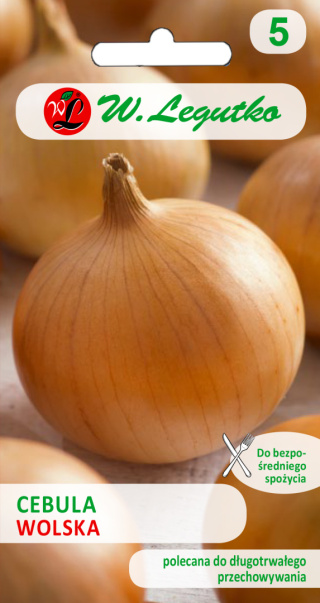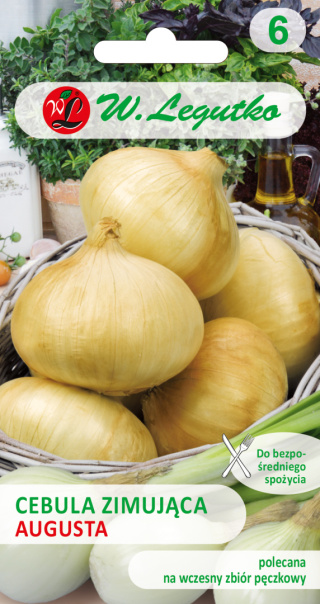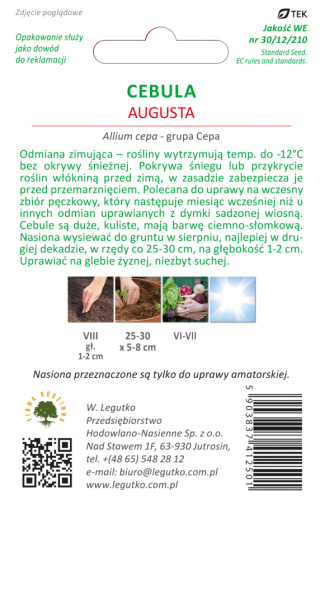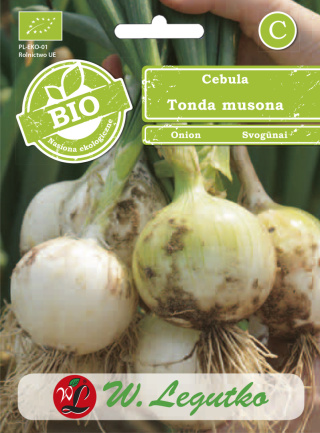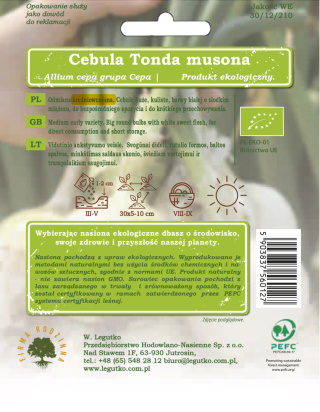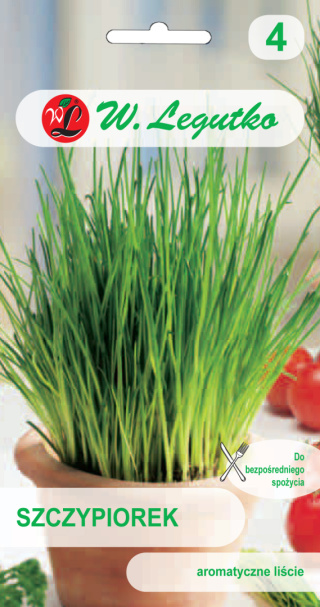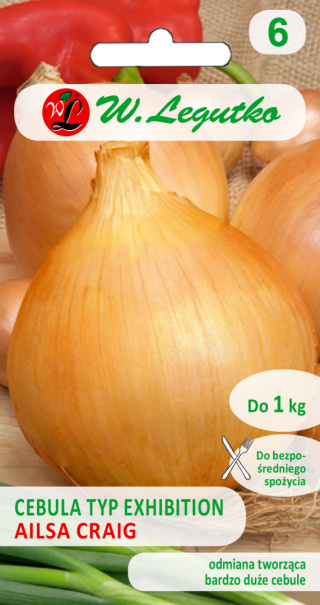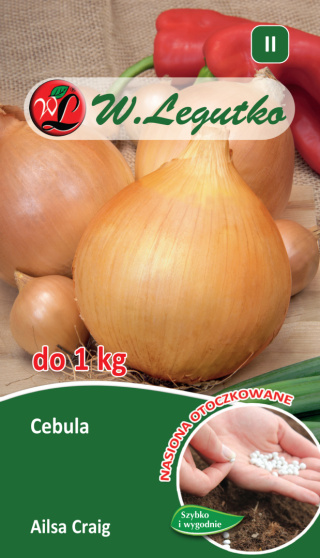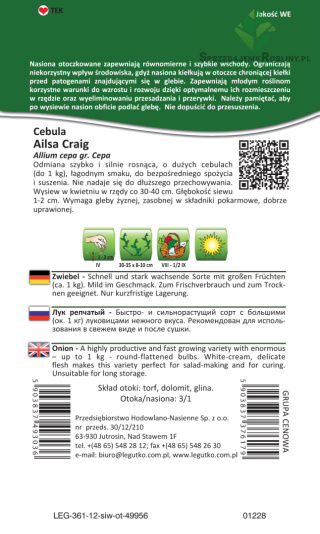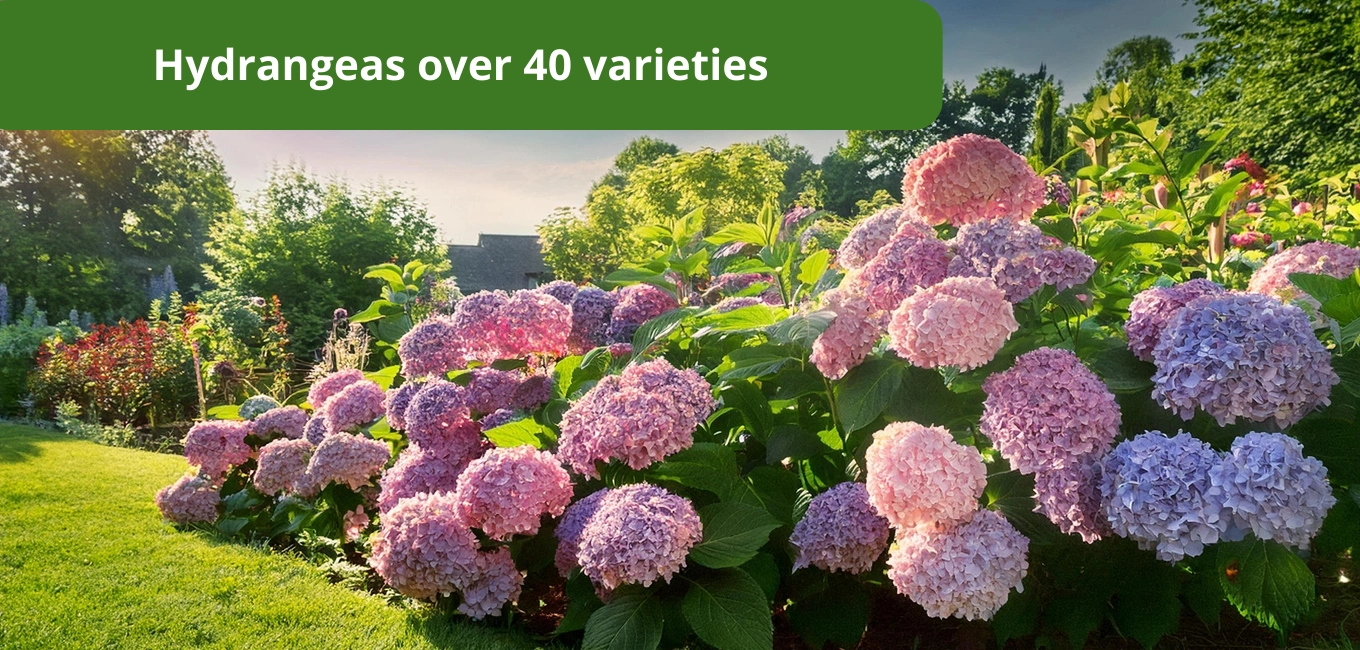Onion
Number of products : 18Onion is a versatile vegetable with versatile use in the kitchen, valued for its characteristic taste and aroma. We offer seeds of high-quality varieties, ideal for cultivation in Polish climatic conditions.
| Shipping within : | 24 hours |
| Shipping within : | 24 hours |
| Shipping within : | 24 hours |
| Shipping within : | 24 hours |
| Shipping within : | 24 hours |
| Shipping within : | 24 hours |
| Shipping within : | 24 hours |
| Shipping within : | 24 hours |
| Shipping within : | 24 hours |
| Shipping within : | 24 hours |
| This product is currently not available |
| This product is currently not available |
Onion (Allium cepa) is a biennial plant from the Amaryllidaceae family, cultivated as an annual. It is an inseparable ingredient of many dishes, providing valuable vitamins (C, B6) and minerals (m.in. potassium, manganese). It has antibacterial properties and supports the body's immunity.
Cultivation requirements:
-
Position: Onions prefer sunny and warm positions. It is a long-day plant, which means that it needs long sunlight to form bulbs.
-
Soil: It grows best on fertile, humus, neutral soils (pH 6.5-7.0). Heavy and waterlogged soils, which are conducive to fungal diseases, should be avoided.
Sowing and care:
-
Sowing: Onion seeds are sown directly into the ground from early April to mid-May, in rows 25-30 cm apart, to a depth of 1-2 cm. After emergence, the plants are interrupted, leaving every 5-8 cm in the row.
-
Irrigation: Onions have moderate water requirements. It should be watered regularly, especially during germination and initial growth, but avoid excessive watering.
-
Fertilization: Before sowing, it is worth using compost or well-decomposed manure. During the growing season, mineral fertilizers with a predominance of potassium and phosphorus can be used, avoiding excess nitrogen, which promotes diseases and deteriorates the quality of bulb storage.
Onion varieties recommended for cultivation:
-
Wolska: A late variety with hard, spherical bulbs with yellow husks, perfect for long storage.
-
Sochaczewska: A mid-early variety with large, spherical bulbs with light brown husk, characterized by high fertility and good storage quality.
-
Karmen: A red variety with a mild flavor, ideal for salads and direct consumption.
Harvesting and storage:
Onions are harvested when the chives begin to dry out and fall over, typically in August or September. After harvesting, the bulbs should be dried in the field or in a well-ventilated place, and then stored in a dry, cool room with a temperature of 0-2°C and a relative humidity of 65-70%.

